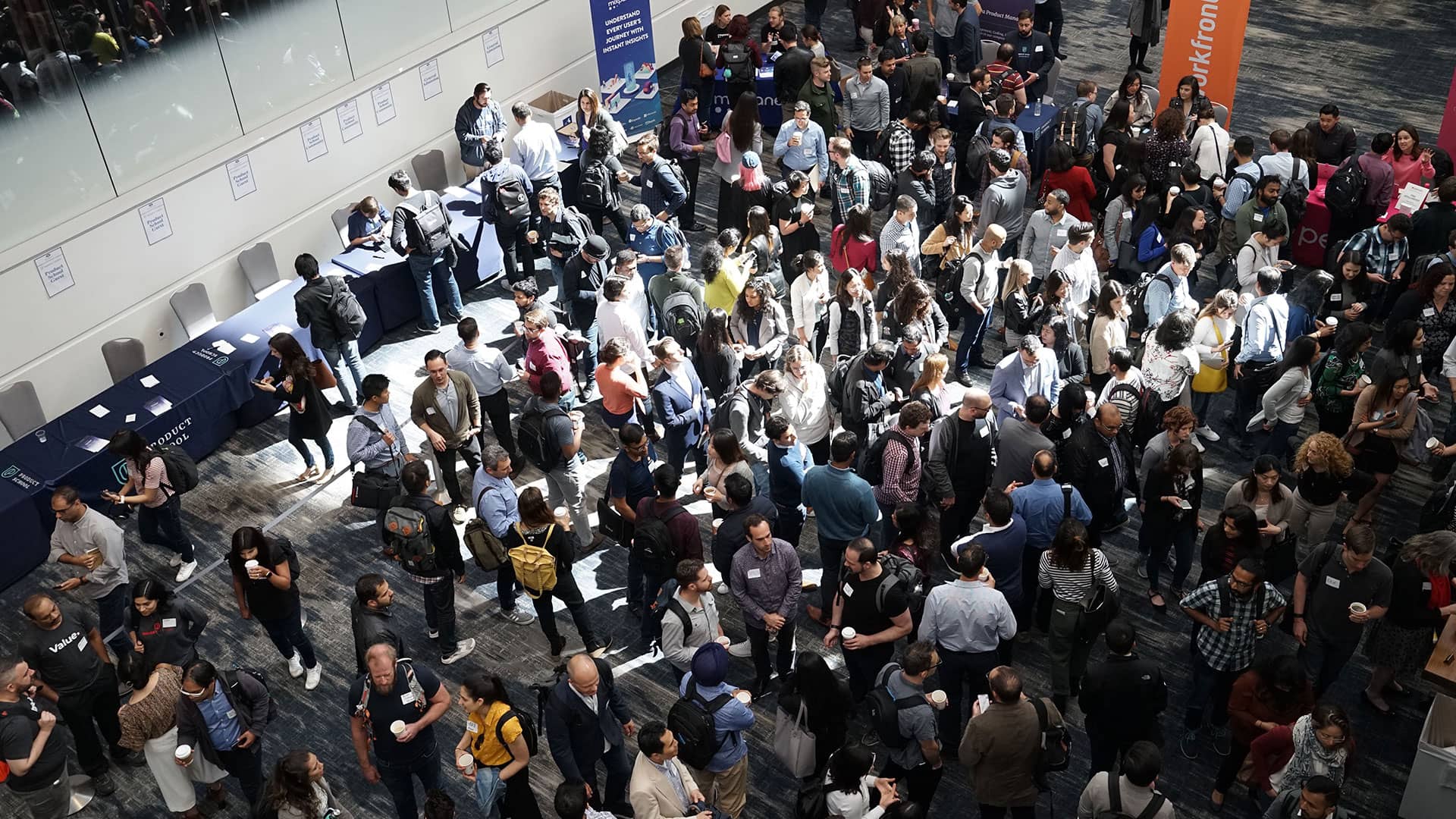Training Schools
Training School Coordinator
Prof. Vilma Cingiene (Lithuania)
Email: v.cingiene@mruni.eu
DE-PASS Training Schools
COST Actions can share knowledge and support collaboration also through Training Schools. DE-PASS Training Schools aim to facilitate capacity building on specific topics relevant to the DE-PASS COST Action through the delivery of intensive training on a new or emerging subject.
Training Schools offer familiarisation with unique software, equipment or expertise and are typically, although not exclusively, considered to be for the benefit of ECI and PhD students.
DE-PASS Training School Co-ordinator:
Proposed DE-PASS Training Schools within the COST Action DE-PASS MoU
- Consensus, concept mapping and best evidence statement (BESt) methodologies (June to September 30th 2021 – Closed)
- Research harmonisation and designs, challenges and opportunities, FAIR principles, data collection, integration, linkage and federated analysis procedures (February 2022: Registration dates to be announced)
- Optimal prediction of physical activities behaviours – applying advanced statistical techniques to determinant profile data (To be announced)
- Best evidence knowledge translation to physical activity behaviour intervention and policy design (To be announced)
- Measuring physical activity behaviour determinant profiles using validated methodologies and best evidence (To be announced)
DE-PASS Training School 1: June 23rd – September 30th 2021 (VIRTUAL)
“Consensus, concept mapping and best evidence statement (BESt) methodologies” (DE-PASS Training School 1). The TS will develop capacity and competencies related to the overarching theme. The Training School comprised of four related events, which occurred between June 23rd and September 30th 2021. The overarching theme was “Consensus, concept mapping and best evidence statement (BESt) methodologies”.
Target Participants: DE-PASS participants and Early Career Researchers especially members of WG 2 and Deliverables 2.3, 2.4 and 2.5
Event 1
Title: Defining, searching and analysing best evidence using SLRs, Meta-analysis and Realist Synthesis – intersecting methodologies and theory.
Date: 23rd June.
Presenter/s: Prof Caterina Pesce, Chair Prof Laura Capranica.
Structure: Webinar, plenary and breakout rooms.
Event 2
Title: Using online tools to support the implementation of a Systematic Literature Review/Meta-Analysis. Covidence + Risk of Bias.
Date: 30th August.
Presenter/s: Prof Laura Capranica and Dr. Simone Ciaccioni.
Structure: Plenary, Tutorial, Breakout Room.
Event 3
Concept Mapping Webinar.
Title: Application and Implementation of Group Concept Mapping Technique.
Presenter: Concept Systems Inc.
Date: 23rd September
Structure: Webinar, plenary and breakout rooms
Event 4
Concept Mapping Tutorial.
Title: Implementation, analysis and outputs pertaining to Group Concept Mapping.
Presenter: Concept Systems Inc.
Date: 30th September.
Structure: Interactive Tutorial.
Blogs About Training School 1
Videos
DE-PASS Training School 2: April 4th-6th 2022 (Hybrid)
“State of the art in physical activity behaviour (PAB) data collection, research harmonisation, integrated and federated data analysis across multiple cohorts and countries”.
WG Coordinators:Profs Eco de Geus and Hidde van der Ploeg.
Location: Vrije Universiteit Amsterdam, Netherlands.
Structure: 3 Day Training School. Mixture of lectures, practical sessions. Hybrid (face-to-face and virtual interaction)to maximise team-building.
The TS developed capacity and competencies in research harmonisation, application of FAIR principles, and integrated (including federated) data analysis.
The Training School comprised of the following workshops:
- Workshop: Accelerometer data harmonising (Bjørge Herman Hansen, Elin Kolle& Oda BjørgeKaupang.
- Workshop: harmonising PAB data collection and analysis across countries from a self-report perspective (Tessa Strain, Paul Kelly & Charlotte Lund Rasmussen, Oda BjørgeKaupang).
- Workshop: Journal club discussion of papers on integrated data analysis, e.g. using DataSHIELD or running analyses in Trusted Research Environments (Tessa Strain, Paul Kelly & Charlotte Lund Rasmussen).
The Training School included the following keynotes:
- How data harmonization has advanced physical activity and health research – Jakob Tarp.
- Research harmonisation in the Maelstrom project – Isabella Fortier.
- Federated analysis: Take the analysis to the data, not the data to the analysis – Tom Bishop.
Target Participants: The TS targeted all “Action Participants” but was specifically tailored for members of WG4 ” European Harmonisation of Data Collection” facilitating the progression and completion of Deliverables 4.2, 4.4 and 4.5.
DE-PASS Training School 2, Amsterdam, 4-6 April 2022 Full Programme
DE-PASS Training School 3: January 9th-11th 2023 (Hybrid)
DEPASS Proof of Concept Training School
One of the key targets of the DE-PASS COST Action is to examine the potential for standardised and comparable European cross-sectional and longitudinal data collection, which involves device-based measured physical activity behaviours and their associated determinants is possible. To achieve this, a Proof of Concept data collection is planned to take place between April and December 2023 in 10 European nations. In preparation for this Proof of Concept data collection, a Training School, which will inform the research leads and researchers that will be undertaking the data collection, is taking place on the 9th-11th January 2023 at the University of Limerick.
WG Coordinators: Profs Alan Donnelly and Dr Kieran Dowd (Deliverable Leads 4.5)
Location: University of Limerick, Ireland
Structure: 3 Day Training School. Mixture of lectures, practical sessions. Hybrid (face-to-face lectures and practicals and virtual keynote sessions from Prof Aiden Doherty (Professor of Biomedical Informatics, Wellcome Trust Senior Research Fellow, University of Oxford, UK) and Prof Adrian Bauman (Emeritus Professor Adrian Bauman, School of Public Health, and the Charles Perkins Centre, University of Sydney, Australia).


